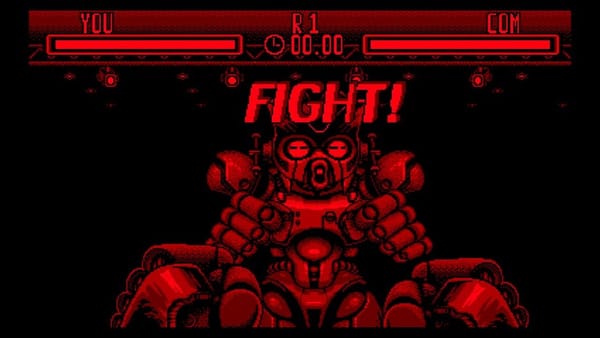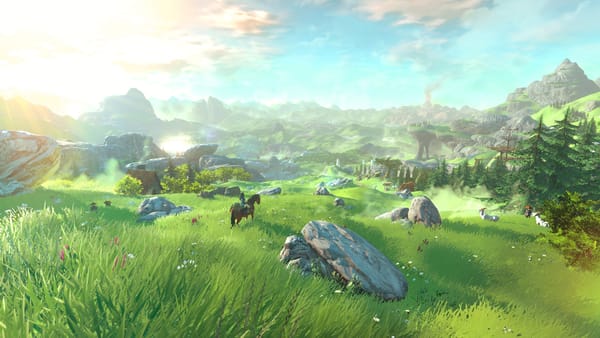#58: Down time
Gosh, that Facebook outage the other day was funny, wasn’t it. I particularly liked the detail, from Alex Hern at The Guardian, that Facebook is so structurally dependent on itself that its tech staff could not communicate with each other about the outage, log in to assess the problem remotely, or get past the building security systems to fix it in person. Just lovely, lovely stuff.
Similarly, to those of us in the real world, the headaches were not about Facebook itself going down — I do not know of a single person who really noticed its absence, let alone was gasping for its return — but about all the other things that rely utterly on Facebook’s lights being on. I gather some people value Instagram. I personally found an evening without WhatsApp to be unpleasantly disruptive. And this is not just about what Facebook owns, but about every website, platform and business that makes use of its single sign-on technology, Facebook Login. I tend not to use it these days, but if I’d logged out of Spotify or Soundcloud, I’d have been screwed.
The antitrust investigations swirling around Facebook, and Big Tech in general, are driven by concerns at these companies’ wealth and power. But Monday’s outage showed that these firms being too big isn’t just about how much money they have, how anticompetitive they are, or the extent to which they are damaging western democracies. It’s how dependent they have made us on them, in ways we do not often tend to think about. When I use WhatsApp, it does not occur to me that I am in effect using Facebook. After Monday, I now realise it probably should.
How does all this relate to games? Well, Oculus users found their Quest headsets effectively bricked for a few hours, thanks to the mandatory introduction of Facebook Login earlier this year. For all of us, though, it is a cautionary tale about the extent to which we engage with, and rely on, these corporations, even if we try and avoid their primary product. I see this morning that the Amazon-owned Twitch has been hacked, and quite dramatically — all of its source code, user and payment data leaked in a 128GB torrent by someone angry at Twitch’s dominance of the livestreaming market, and the “toxic cesspool” that is its community. These huge, powerful platforms are ultimately built and administered by human beings, meaning the former inherits the latter’s vulnerabilities. So far this week we’ve been reminded that one mistyped line of code can bring down a substantial chunk the internet; one grumpy website exile can find a security flaw and expose your credit card details and god knows what else.
Think of the games that rely on AWS and Azure, that attach their logins to a main console account or use some giant multinational’s SSO tools. We are already more dependent on these companies than we realise, or would like to think. Doubtless they have little fear of the consequences, because there probably won’t be any. I remember Sony’s response to the PSN hack in 2011, its executives bowing deeply on a press conference stage, the big-ticket games given away by way of apology, the promise it would never happen again. How is Amazon going to respond to Twitch being hacked? Sorry lol, we fixed it. Now, how about buying that kettle you were looking at a few weeks ago?
My kids are always thoroughly confused when the internet goes down at home, as they slowly realise just how many of the things we depend on around the house are bound to it. When Facebook goes down and takes a swathe of the internet with it — or a website we use and trust gets hacked inside out and has us scrambling to change our passwords and cancel our credit cards — we are reminded that we grown-ups are not necessarily the experts we may think. I’d like to say I’ll be more mindful of this in future, but I’m not entirely sure I will. That, of course, is just how Big Tech would like it. Gah. Anyway, go change your Twitch password, please, if you haven’t already.
MORE!
- Konami is inviting indie developers in Japan to come up with ways of reviving a host of its forgotten IPs — whether in a fully fledged game, or a reimagining of a particular character or mechanic. It’s easy to be cynical about this, but I rather like it, particularly if it means a return for Ganbare Goemon. Or Parodius! Yes! It has been far too long.
- Ubisoft has announced Ghost Recon Frontline, which sees the long-running, and often troubled, tactical Clancy chap-shooter go all battle royale, with some distinctly Spinal Tap-ish support for 102 players at once. People are predictably annoyed.
- On a similar theme, the Epic Games Store is partying like it’s 2008 with the announcement of an Achievements system. Whatever will these boffins come up with next?
- Windows 11 launched yesterday, and while Microsoft has said the upgrade rollout will be staggered you can download it right now. I did it yesterday, and some irksome BIOS nonsense aside, I found it painless enough. I rather like it. While it’s not a Microsoft invention, the multiple desktop support is lovely for multitaskers: I now have separate spaces for the newsletter, my consultancy work, and Slay The Spire.
- Super Smash Bros Ultimate’s final DLC character will be Sora from Kingdom Hearts. Director Masahiro Sakurai can now have a lie down. Poor fella deserves it.
That’s your lot for today. Apologies for the absence on Monday, but I had a lovely time with family I haven’t seen for far too long. As ever, if you’ve enjoyed this, do please give it a share and sign up if you haven’t done so already. Behind the scenes I’m quietly writing up Hit Points’ first subscriber-exclusive developer interview, which I currently aim to be sending out next week. Why not get in on the ground floor and subscribe for just 14p per day? Do the thing with the buttons below, and I’ll see you all on Friday.





